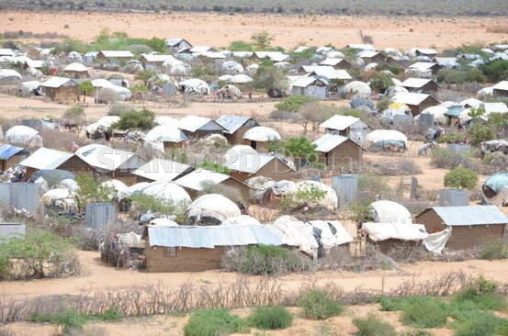Kenya intends to close Dadaab refugee camp. The thinking seems to be that since Kenya has pacified Somalia the hard way, the refugees should go home. It is also alleged the camps are a security risk and a fertile ground for breeding terrorism.

Some argue that refugees are a good trump card to get more funding for military operations in Somalia and cite the sucking in of UN and other agencies. I have never been to any of the refugee camps in Kenya, but I did visit some Kenyans in such a camp in Uganda after 2008 post-election violence. It was not anything to write home about.